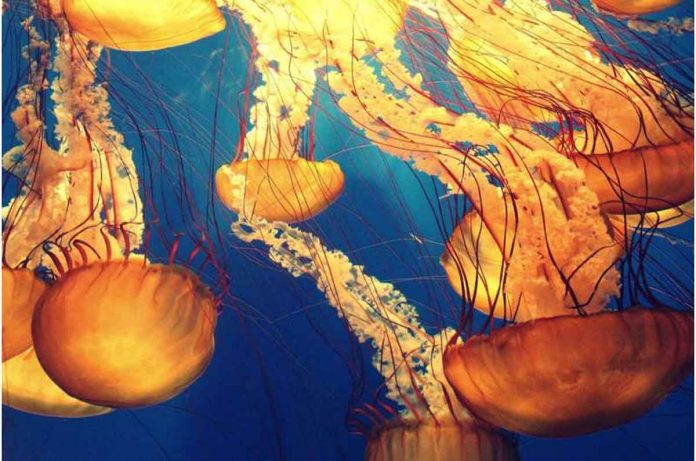The study, published in Global and Planetary Change, looks at the frequency, intensity, and duration of marine heatwaves in the future (MHWs). A MHW is defined as a “distinct, prolonged anomalously warm water event” that lasts five or more days and has temperatures that are warmer than the 90th percentile relative to climatological values. The study focuses on Fiji, Samoa, and Palau, which are located in the tropical western and central Pacific Oceans (TWCPO).
The authors examine data from the National Oceanic and Atmospheric Administration’s 1/4° daily Optimum Interpolation Sea Surface Temperature. They look at projections from Phase 6 of the Coupled Model Intercomparison Project (CMIP6).
According to the study, MHW frequency increased by one MHW event per decade from 1982 to 2001, and duration increased by more than four days per decade. These trends have real-world consequences. A MHW killed hundreds of marine fin fish and invertebrates in 2016, including sea snakes, octopus, and crabs, and caused coral bleaching. Dead and weak live fish were discovered in shallow waters during an MHW in Fiji in 2019.
The authors consider scenarios with low and high greenhouse gas emissions. Today, the region experiences 10-50 moderate MHW days per year and less than one extreme MHW day per year. Under low-emission scenarios, the researchers predict more than 100 moderate MHW days per year by 2050, more than 200 days per year closer to the equator, and fewer than five days per year of extreme MHW. They predict 200 moderate MHW days per year for high emissions, more than 300 days per year near the equator, and more than 50 days per year of extreme MHW.
This has serious implications for Pacific Islanders’ health, livelihoods, and food security. MHW can promote the growth of harmful algae blooms, harm fish that are an important component of local diets, and harm ecotourism by degrading coral reefs.

